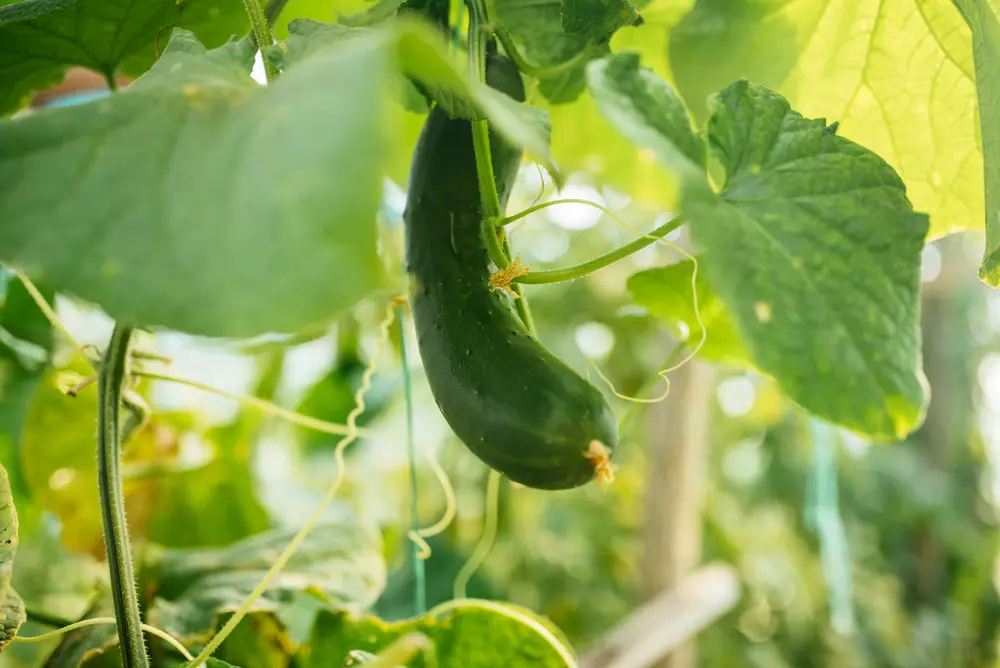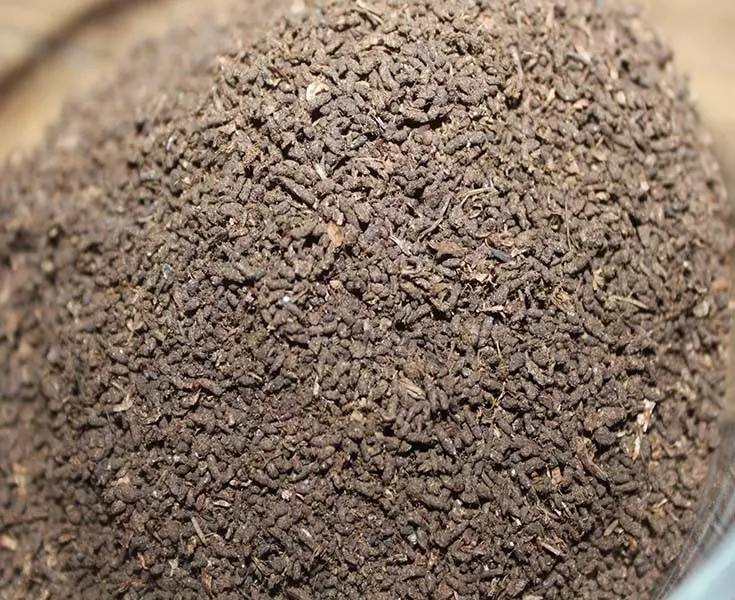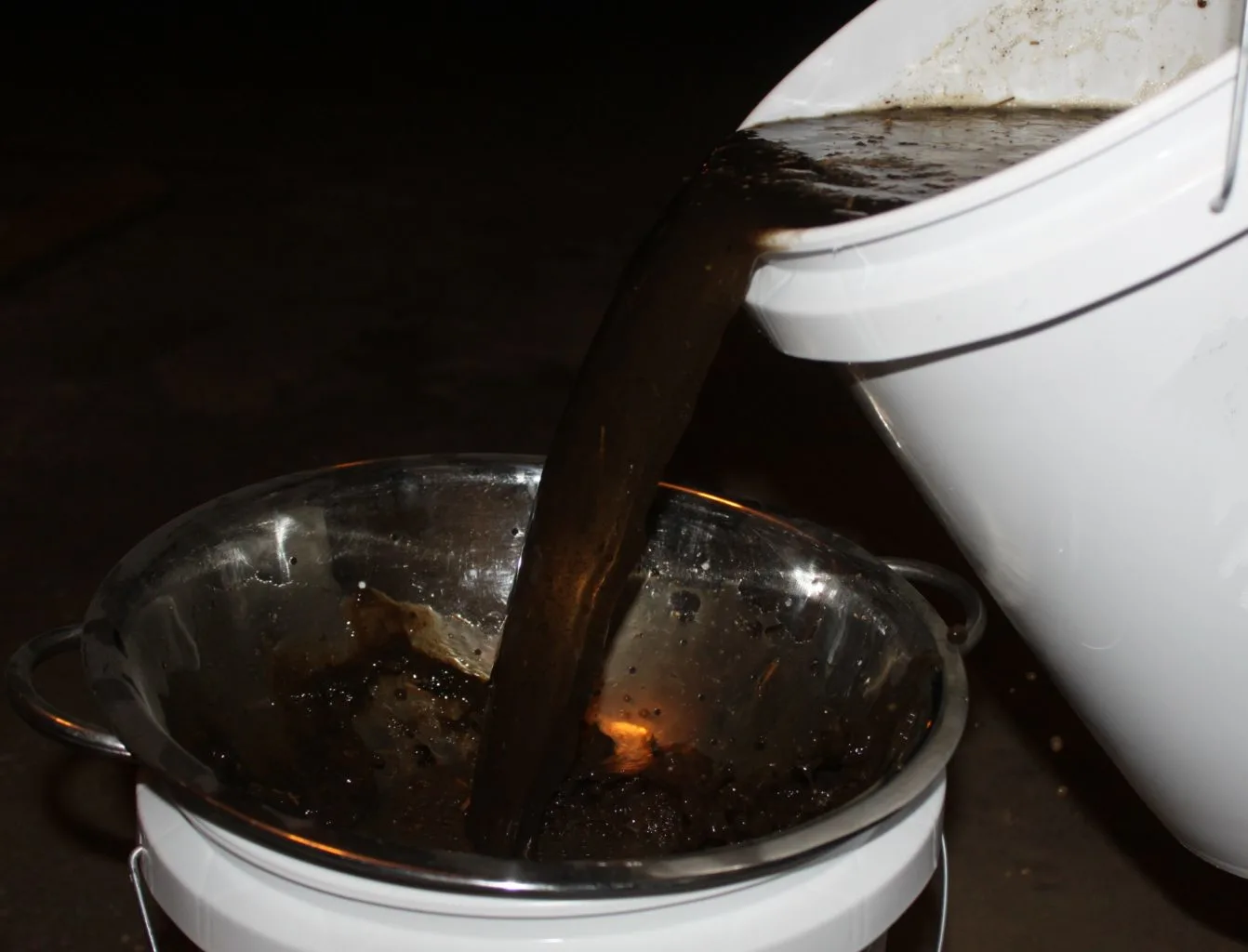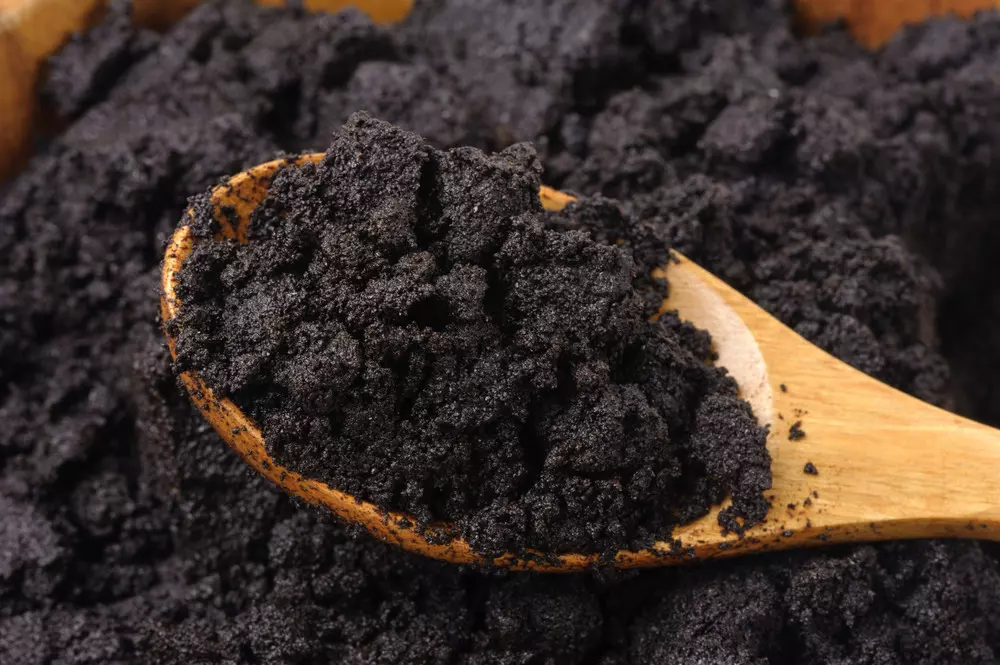The Power of Organic Fertilizers! Let’s face it, sometimes your vegetable plants need a little boost.
When it comes to the dirt in the garden, vegetable plants can consume a lot of the trace elements, minerals and nutrients in the soil that are needed to grow and prosper.
A bit of added nutrients now and then in the form of an organic fertilizer can go a long way in helping plants reach their maximum growth and yields!
Beyond the obvious benefits of keeping chemical fertilizers out of the garden and off of your produce, organic fertilizers can actually help to build soil fertility over time – not destroy it.
Many man-made fertilizers are heavy with salts that can destroy soil structure over time. Organic fertilizers on the other hand, help build and maintain soil structure needed to grow strong and healthy plants.
We like to give our plants a boost of natural fertilizer a few times during the first months of growth. This helps to get them off to a strong start, readying them for when it comes time to produce.
Once they have taken off, we back off and let the natural health of the soil do it’s job.
Why? Applying too much fertilizer can actually be quite problematic for plants. Plants that have too many nutrients put all of their energy into growing great leaf structure, but little to no vegetables.
In fact, if you notice your plants looking incredibly dark green and healthy, but with hardly any vegetables forming, it’s most likely due to over-fertilization.
Let’s take a look at three of our absolute favorite organic fertilizers below.
3 Amazing Organic Fertilizers That Can Power Your Garden For Pennies!
1. Worm Castings
You really can’t get more organic that worm castings! They are basically dried worm manure, and work wonders as a fertilizer and soil builder!
As worms work through the soil, whats left behind is a perfectly processed blend of organic heaven. The beauty is a little goes a long way!
Earthworm castings contain vital amounts of organic material, including nitrogen, calcium, magnesium, phosphorus and potassium.
The loose and airy makeup of castings make those nutrients easy to absorb for vegetable plants and flowers.
We were first introduced to worm castings at a book signing at the downtown Minneapolis Farm Market. Once we brought back home a bag, the rest, as they say, is history.
We started last year by mixing in a few cups of castings into our seed starting mix. The seeds grew better than ever, and we noticed that the small blocks of soil absorbed watering better than ever.
You can put a few tablespoons in each of your planting holes at planting time. They will act as the perfect slow-release fertilizer to help power your plants.
They can also be used as a top-dressing for plants by placing a few tablespoons around the stem of plants. This will provide that same, slow-release effect.
Worm castings are also great for making an all-purpose liquid fertilizer. Simply mix 1/2 to 3/4 of a cup of castings with a gallon of water and steep for a 24 hours.
The resulting liquid is an incredible fertilizer for vegetable and flowering plants. See : 10 lb Bag Worm Castings
2. Compost Tea
This is our tried and true, go-to fertilizer for nearly all of our vegetable and flowering plants. Not only is it incredibly effective, it’s easy to make, and it’s free if you have your own compost.
Compost tea is a simple mixture of fresh compost steeped in water for a few days.
The water absorbs all of the nutrients, and when applied to the plant’s leaves and root zone areas, it is then absorbed by the plant. It is an incredible all-purpose fertilizer.
Making your own compost tea requires nothing more than a 5 gallon bucket, a stir stick, fresh compost, and a screen. See our article : How To Make Compost Tea
Compost tea can be applied every few weeks to your garden once plants and transplants have become established.
For flower beds, pots and hanging baskets, we use it every 14 to 21 days to keep plants blooming bright all summer long. As with watering, it is best to apply early in the day before the sun is too hot and the tea can burn the leaves of plants.
If you don’t make your own compost, you can purchase inexpensive, ready-to-go compost tea bags to make your own compost tea brew at home. See : Compost Tea Bags
3. Coffee Grounds
When you finish making that perfect cup of Joe in the morning, don’t throw out those coffee grounds. After powering you, they can help to power your garden!
Coffee grounds are an incredibly rich source of nitrogen for plants. They can be used in many ways throughout the garden to help boost plants and build vitality in to your soil.
One quick note, you will find a lot of folks that warn against the acidity of coffee grounds. In reality, they are right near the middle of the PH spectrum, and are perfect to use in the garden
For starters, mix in a few teaspoons of grounds into each hole when you plant this spring, the coffee will act as a slow release fertilizer pushing small amounts of nitrogen to the plants as they grow.
You can also sprinkle a few teaspoons of grounds around each plant once planted for the same effect.
If you are looking for a liquid punch, steep a cup of coffee grounds in 4 cups of water for day. Strain and use to water the soil in your hanging baskets and containers for an all-natural fertilizer.
And never ever throw them away. Coffee grounds are one of the best additions you can add to your compost pile. As they decompose, they add vital nitrogen to the pile that can help heat it up for fast decomposition.
We hope you enjoyed this week’s gardening article!
If you would like to receive our DIY, Gardening and Recipe articles each week, you can sign up to follow the blog via email in the right hand column above, “Like” us on Facebook, or follow us on Twitter. This article may contain affiliate links.
Happy Gardening! Jim and Mary




